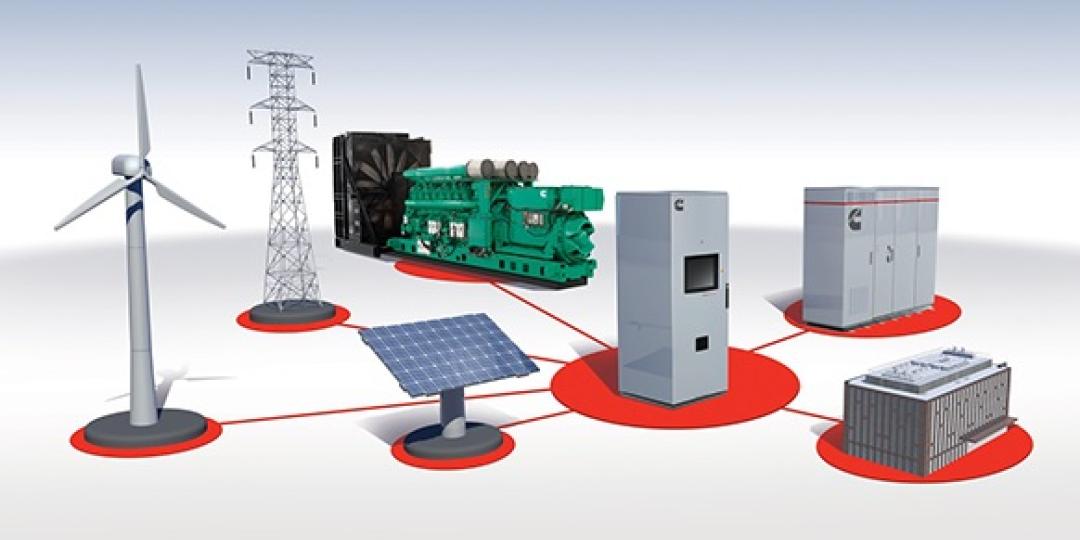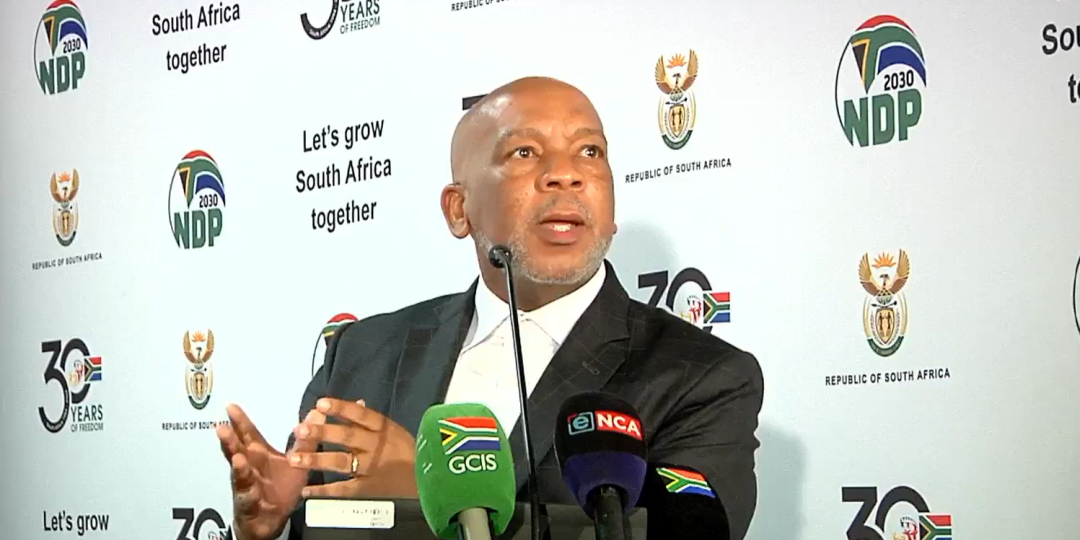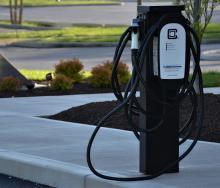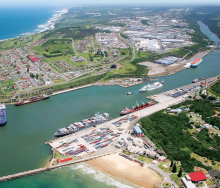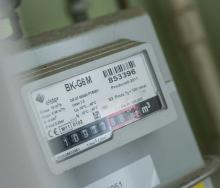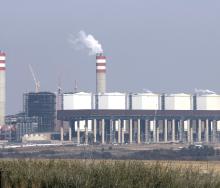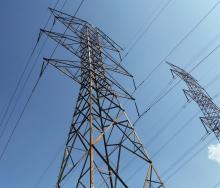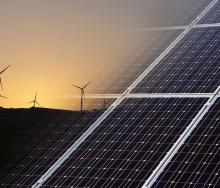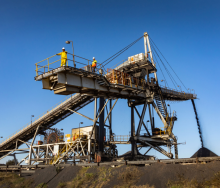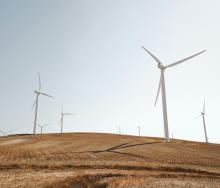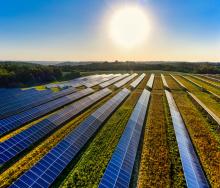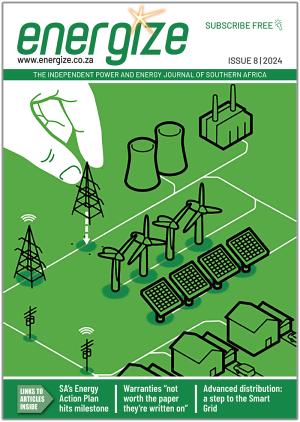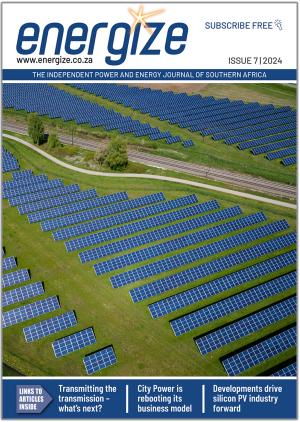by Warrick Gibbens, Cummins Southern Africa
While Cummins has traditionally focused on diesel technology, it continually embraces innovative new solutions. This makes it a perfect partner for Independent Power Producers (IPPs) focusing on renewable energy but still relying on diesel power. We supply fully fledged hybrid systems integrated with our diesel gensets that allow for other power sources in the energy mix for completely reliable backup power. The company’s holistic solutions optimise customer downtime, reliability, and redundancy.

Cummins is a leader in the evolution of the traditional power system to a complete power ecosystem. Its “emissionised” gensets offer green energy solutions. For example, while solar power and battery backup can offset carbon emissions to a certain extent, Cummins has developed emissionised genset technology to reduce gas emissions, thus partnering with customers to reduce their carbon footprint and working toward a cleaner solution.
The company’s technologies are designed to support integrated microgrid solutions around the world, from off-grid and remote locations to urban and life-saving applications. Its solutions fully integrate all components of a microgrid, including diesel and natural gas gensets, hydrogen technologies, renewable energy sources, battery storage systems, system level controls, transfer switches, and remote monitoring capabilities.
Microgrids are locally controlled power sources that can integrate multiple energy resources such as diesel, gas, wind, or solar power. Microgrids provide independent power so that when the traditional power grid experiences loadshedding, for example, a microgrid can immediately switch to backup generators and batteries.
The microgrid control allows the components to function as a seamlessly integrated power source so that weather, utility prices, and performance data can be monitored to enable well-informed decisions to assist in keeping costs low and Powering a World That’s Always On.
The advantages of microgrids are:
- Resiliency: When one energy source fails, microgrids ensure continuous power by immediately switching to other connected sources.
- Decarbonisation: Microgrids can incorporate renewable energy sources, offering a practical solution for decarbonisation efforts.
- Efficiency: Intelligent microgrid controls monitor performance to ensure efficiency. Energy resource technologies, available government incentives and utilities can reduce the total cost of ownership.
- Flexibility: Modularity caters for changing energy needs with ease by matching the provided power to the needed load.
Cummins’ range of diesel and natural gas generators are suited for all microgrid power generation requirements, ranging from 17 to 3750 kVA. Advanced Microgrid Controls support multiple configurations and design implementation solutions to adapt to evolving microgrid requirements. With a single interface, this control supports a truly integrated microgrid power system.
The company offers PowerCommand Cloud, a cloud-based system which checks system status, identifies faults, or access critical notifications remotely. Trend data can be accumulated over time to optimise resources, balance loads, and inform decision making to optimise operations.
The company is developing advanced hydrogen fuel cell technology, delivering uninterrupted continuous, on-demand or standby power supply. When generating cleaner, renewable hydrogen, Cummins’ electrolysers deliver high-purity hydrogen with secure, simple operations, low maintenance, and global support from installation to start-up.
Cummins works with third-party providers as needed to incorporate battery storage and solar photovoltaic equipment. In addition, it continues to invest in future technologies and products to meet emission requirements around the world, supporting the push for decarbonisation. The company is committed to making people’s lives better by powering a more prosperous world. It continues to advance technology and power solutions essential to our future. It understands that strong communities and business depend on a healthier planet, and understands that it cannot do this alone. Hence PLANET 2050 is its long-range business strategy with an environmental lens which uses actions, advocacy, and partnerships to do our part to drive change for a healthy planet.
The goals cover three major priorities:
- Address climate change and air emissions
- Use natural resources sustainably
- Partnering so that our communities are better because we are there
By 2050, Cummins’ aspirational targets include carbon neutrality, to waste nothing, and have a net positive impact in every community in which it operates. These are big goals, and it is committed to realise them.
Contact Sbu Gule, Cummins Africa Middle East, Phone 011 451-3400, Ame.abo.communication@cummins.com
Facebook: https://www.facebook.com/CumminsAfricaME/
LinkedIn: https://www.linkedin.com/company/cummins-africa/
Twitter: https://twitter.com/Cummins_Africa

